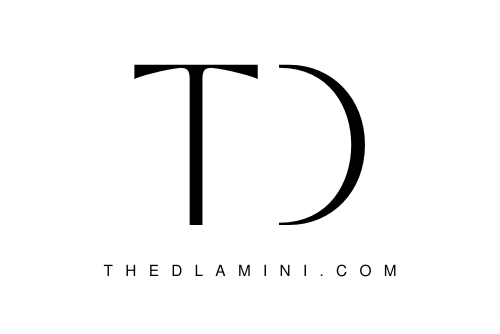If you live in Namibia and want to know how much the prime rate here is, then you’ve come to the right place. First, what exactly is the prime rate? It’s the interest rate that banks charge their most creditworthy customers, and it changes over time with market conditions and new regulations. In Namibia, there are two prime rates—one for commercial and one for personal loans—and they both move independently of each other.
The current prime rate in Namibia
The prime rate in Namibia is 21.5%. This means the interest rate that commercial banks charge their best customers for short-term loans is 21.5%. Banks in Namibia use the prime rate to set interest rates on other types of loans, including mortgages and car loans. The prime rate can change over time, so it’s important to know what it is before you borrow money.
How the prime rate affects you
The prime rate is the interest rate that banks charge their most creditworthy customers. The prime rate is always quoted as a percentage, and it can vary depending on the country. In Namibia, the Prime Rate stands at 9%. This means that if you’re borrowing money from a bank in Namibia, then you’ll pay 9% interest per year. The Prime Rate should not be confused with LIBOR, which is the London Interbank Offered Rate.
Ways to manage your finances despite the prime rate
It is important to stay on top of your finances and make sure that you are managing your money effectively. However, with the prime rate going up, it may be more difficult than before to do so. The following are some ways that you can manage your money despite the prime rate
